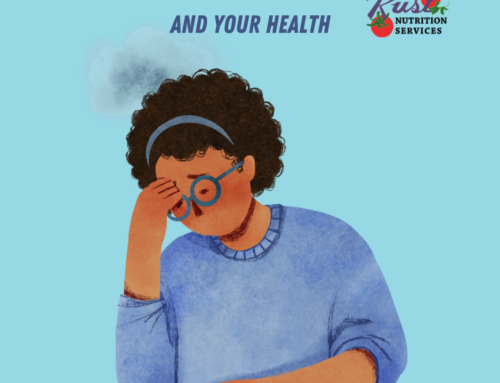Have you heard about the new Barbie® doll that makes an attempt to mimic a real young women’s figure? Images abound that suggest what you “should” look like, and women are particularly susceptible to being impacted by them (although I’m sure 6-pack abs are airbrushed in on male photos too). Rather than pursue the perfect body, resolve to shift that focus to staying or getting healthier. 
One of my colleagues doesn’t weigh her clients any longer, because she found that weighing them at the beginning of their counseling session depressed their focus. Instead of being able to focus on positive steps and goals, they became fixated by a number.
Losing weight is, and has always been, difficult. For this reason alone, it’s worth fighting for prevention of weight gain in the first place. But if you are over forty years old this is easier said than done. Becoming comfortable with your new body shape and focusing more on health goals, as opposed to “swimsuit goals”, is a good idea.
As a younger person in your twenties or thirties, going to the doctor may not have been an annual thing, but it is very important to get regular check-ups in your forties and fifties. Things can change quickly at this point. Normal blood pressure, may not creep up, it may just bolt up. Seeing your doctor annually enables you to have your blood pressure and weight checked; two factors important to heart health that are very treatable. If you have a family history of diabetes (also a risk factor for heart disease), your doctor should know, and may even routinely screen for this, but if not, speak up. Your doctor can only treat you if he or she knows more about you.
Have you considered your overall health and disease risk? Consider this:
- Are you overweight?
- Do you know what your blood pressure is lately?
- Do you have high blood cholesterol, specifically a high LDL?
- Do you have high blood sugar or triglycerides?
- Do you exercise regularly? Do you still have muscle tone?
- Do you smoke?
- Women- Do you have regular screening for breast and cervical cancers?
- Men- have you had your annual prostate exam yet?
- Are you aware of your own family history for disease (diabetes, high blood pressure, heart disease, cancer)
- Do you have an annual visit with your physician?
Learning more about your overall health status can empower you to take small steps toward big long-term improvements in your health. We can’t change our genetic make-up but we can change our diets, exercise habits, how often we go to the doctor, and whether or not we smoke.
Talk to your physician about what is ailing you, what doesn’t feel right, or any pertinent family history (diabetes, heart disease, and cancer primarily; and any other diseases or disorders that you know of).
Then start setting health-minded goals, focus on the positive, and smile every time you look in the mirror.




